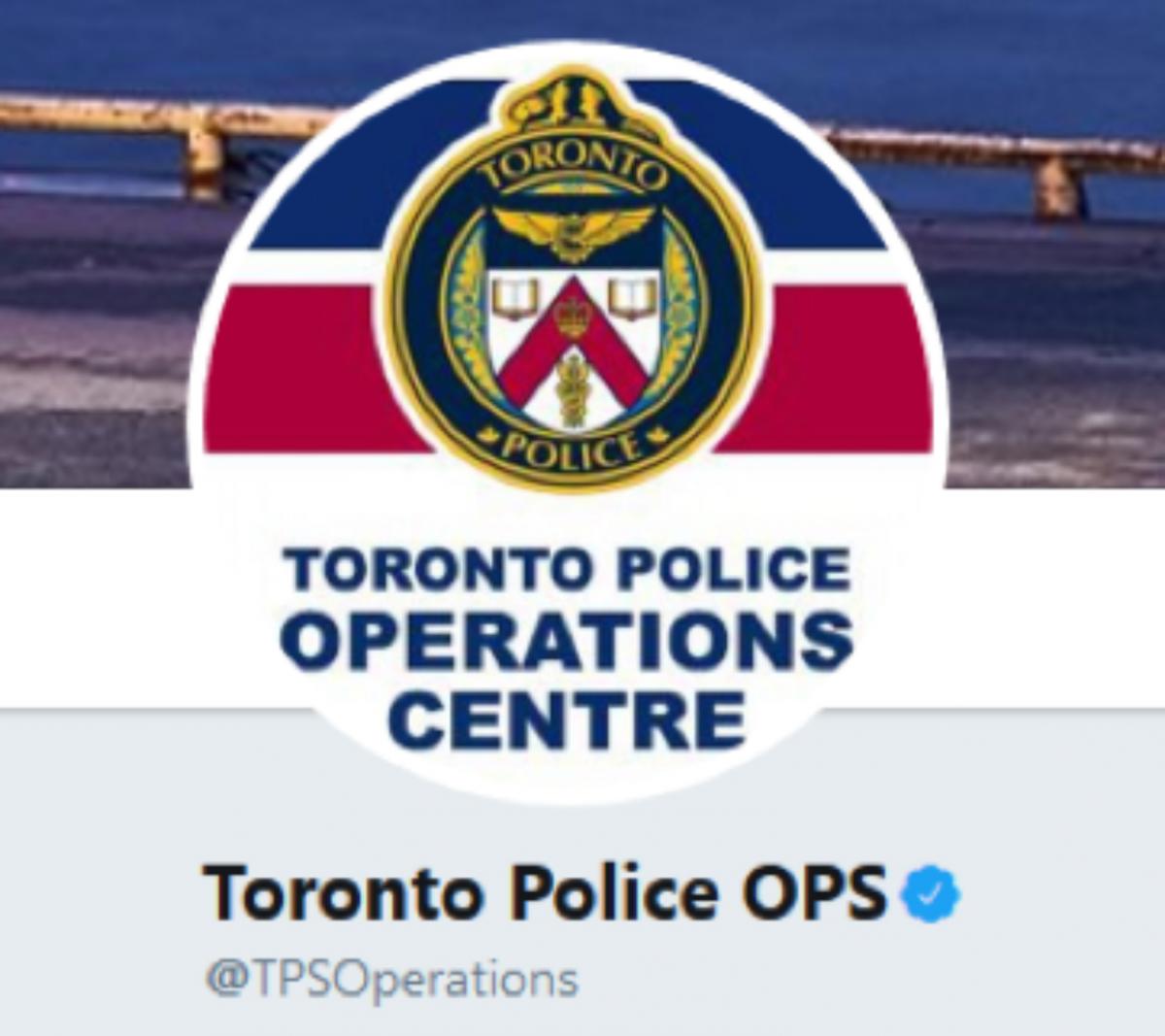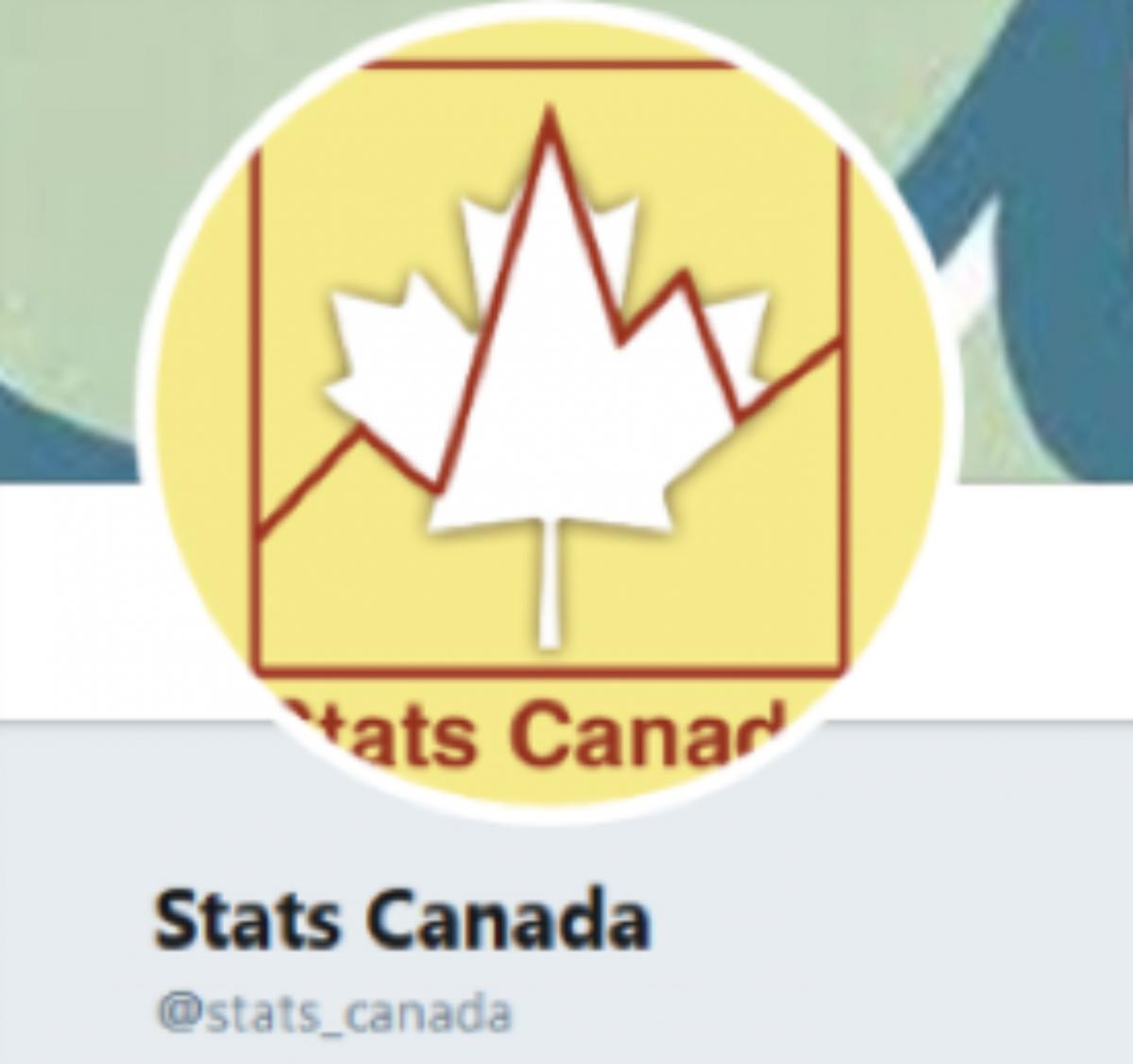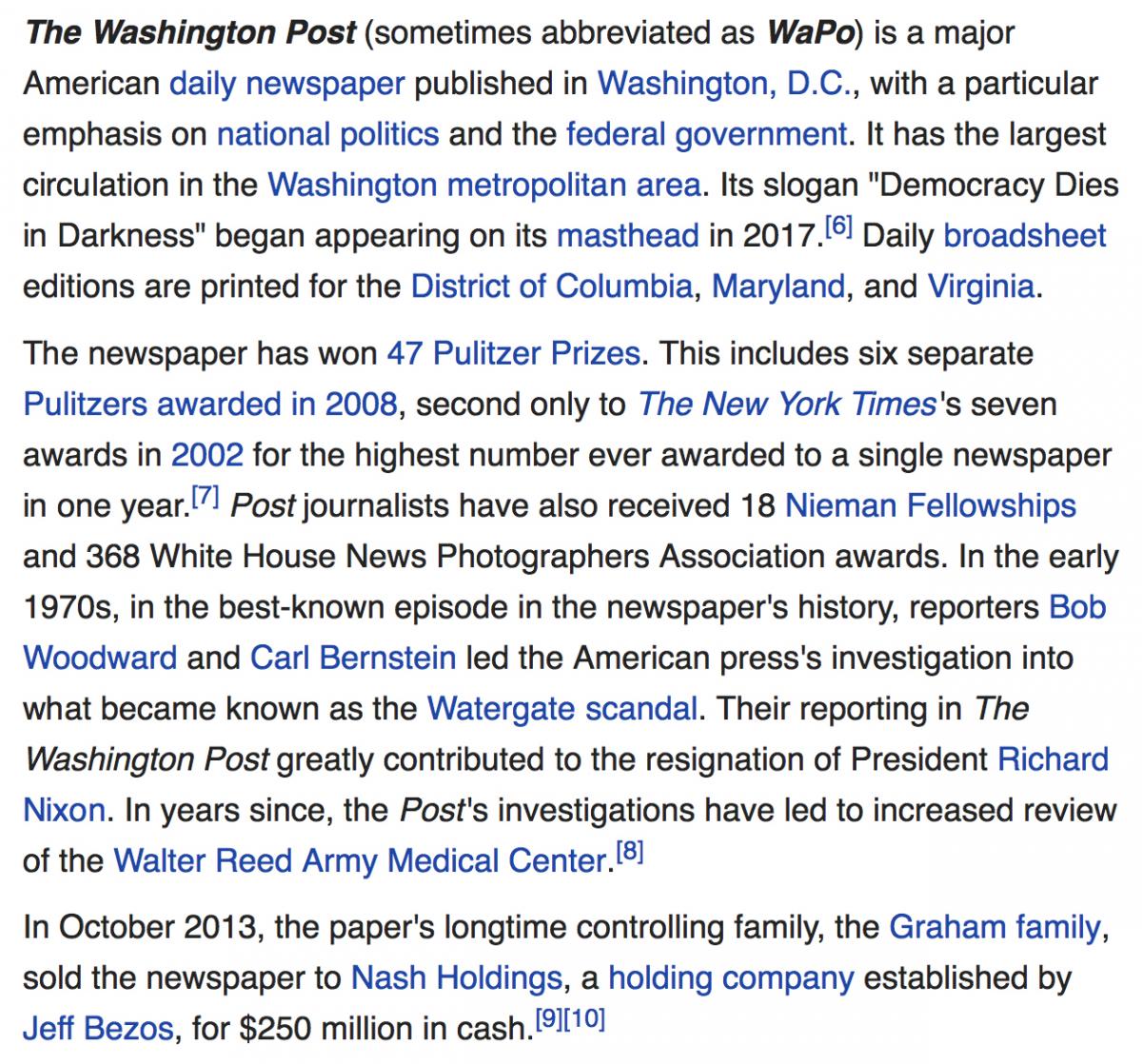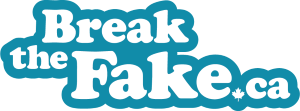Break the Fake Tip #3: Verify the source
You can’t always confirm that something is false, but if the source isn’t reliable you have no reason to believe it.
To find out if a source is reliable, ask these three questions:
- Do they really exist?
It’s easy to make fake pictures, fake websites and fake social network profiles that look just as real and professional as anything out there.
“About Us” pages and profiles are easy to fake, so use Wikipedia or a search engine like Google to find out if other people say they really exist. Pay attention to things that are hard to fake: for example, if somebody claims to work for a particular company, check the company’s website or do a search for their name and the company’s name to see if they’ve ever been mentioned together in reliable sources (like a newspaper you already know is real).

- Are they who they say they are?
It’s easy to pretend to be someone else online, so once you know the source really exists, you need to find out if what you’re looking at really came from them.
Some social networks, like Twitter and Instagram, verify users by putting a blue checkmark next to their name. This does not mean they’re necessarily a reliable source, but it does mean that they are who they say they are.
To find out if you’re on an organization’s real website or social network profile, do a search for them and compare the top result to the site you’re on.


- Are they trustworthy?
For sources of general information, like newspapers, that means asking if they have a process for making sure they’re giving you good information, and a good track record of doing it. How often do they make mistakes? If they do make mistakes, do they admit them and publish corrections? Are they willing to publish things their owners, or their readers, wouldn’t agree with? See this example from a search about the Washington Post:

For more specialized sources, you want to ask whether they’re experts or authorities on that topic. Being an expert is more than just being a doctor, a scientist or a professor: make sure they are an expert in the area that they are talking about.
You also want to make sure their position isn’t biased, but don’t mix up bias and authority. A biased source starts with what they believe and then chooses or interprets the facts to fit those beliefs. Someone who is actually an expert on something will probably have stronger opinions about it than someone who isn't – but they'll be better-informed opinions.
Make sure to take these steps to double-check before you share anything we see online, every time. Because only you can Break the Fake.

This tip sheet is part of the Break the Fake project. This project has been made possible in part by the Government of Canada.
